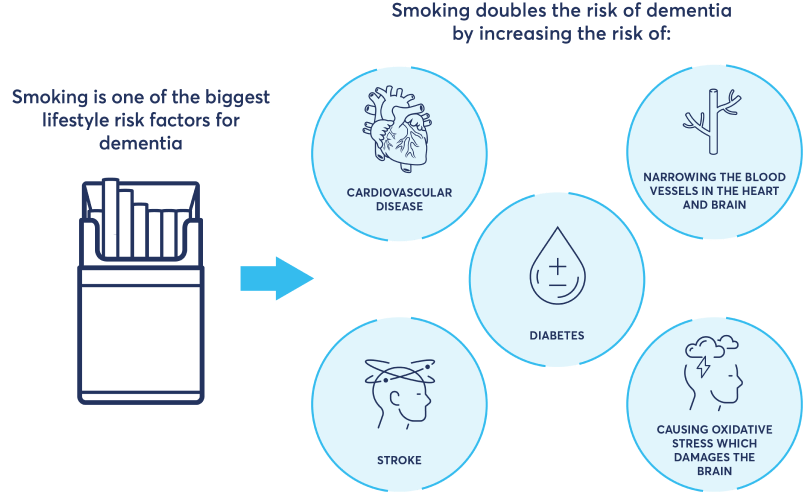Scientists have identified 12 modifiable lifestyle factors(Lancet 2020) that make cognitive decline more likely.
These 12 factors are:
Scientists have identified 12 modifiable lifestyle factors(Lancet 2020) that make cognitive decline more likely.
These 12 factors are:

Many of these risk factors are things you can change. In fact, evidence suggests more than a third of dementia cases can be prevented or delayed by taking action. (Lancet 2017)
For instance, getting your hearing tested or wearing hearing aids could protect your brain health. So could taking blood pressure medication, doing more exercise or cutting back on the booze.
While a diagnosis of mild cognitive impairment (MCI) might be frightening at first, the condition can be effectively managed and you can take a number of steps to reduce the chances of developing dementia.
There’s a growing number of pharmaceutical treatments that work to stop the impact of cognitive impairment. While there is no “cure” for dementia now, it’s a real possibility that there will be effective treatments to stop neurodegeneration in the very near future.
A five-minute cognitive health check